As early as 1820, African-American William Brown created the African Grove Theater, housed first in a tea garden and then in an old hospital in Manhattan. Said to be America’s first black theater company, the African Grove Theater—sometimes also known as the African Company—performed Richard III and Othello, as well as ballets, pantomimes, and plays written by its own company.
This company became the launching pad for some of America’s first black Shakespeare actors, including James Hewlett, Charles Taft, and Ira Aldridge. Other examples of early African-American theater companies that performed Shakespeare include the Astor Place Company of Colored Tragedians, founded in New York in 1878 by Benjamin Ford and J.A. Arneux; Our Boys Dramatic Club of Baltimore, an amateur theatrical troupe, active by 1888; and Chicago’s Colored Professional Stock Company, founded in 1896 by stage actor, director, and educator Charles Winter Wood.1
For early black actors, performing Shakespeare was a way of tapping into a proven popular market with recognizable characters and stories; it was a way, too, of gaining cultural power—of being taken seriously. Perhaps most significantly, Shakespeare provided a text and a tradition against which an African-American aesthetic style—a “difference”—could be forged. James Hewlett, a West Indian immigrant to New York, recognized as the first black actor to perform professionally on a U.S. stage, was the African Grove Theater’s first celebrity, and he starred in many of its central productions, drawing praise from the theater’s black and white patrons. A portrait of Hewlett as Richard III in the African Grove production is the first graphic depiction of a black performer in a dramatic production in the United States.
After a tussle with British actor Charles Matthews, who burlesqued him and other black Shakespeare actors in his A Trip to America, Hewlett turned the tables on Matthews, performing burlesque imitations of popular (white) English and American Shakespeare actors such as Matthews, Edmund Kean, and others. Hewlett’s career as an actor sustained itself even after Brown’s African Company was shut down for “disturbing the peace,” and he often advertised himself as “Shakespeare’s proud representative” until his death in the 1840s.2
Source: The African Grove Theater-Folger Shakespeare Library: Shakespeare in American Life

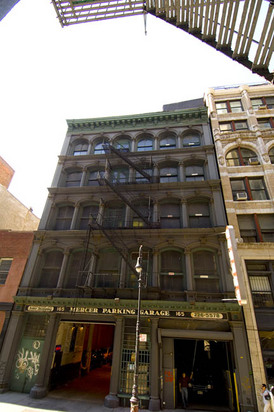




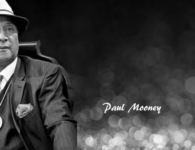
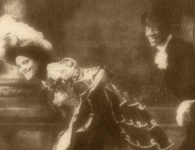


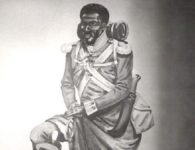

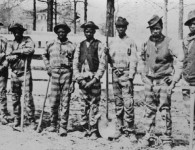
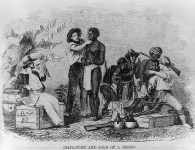
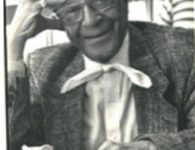
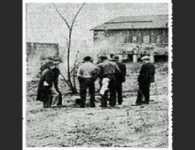
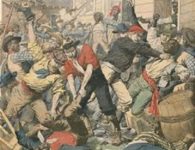
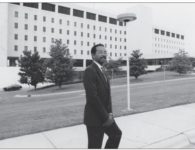

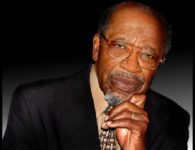

No comments